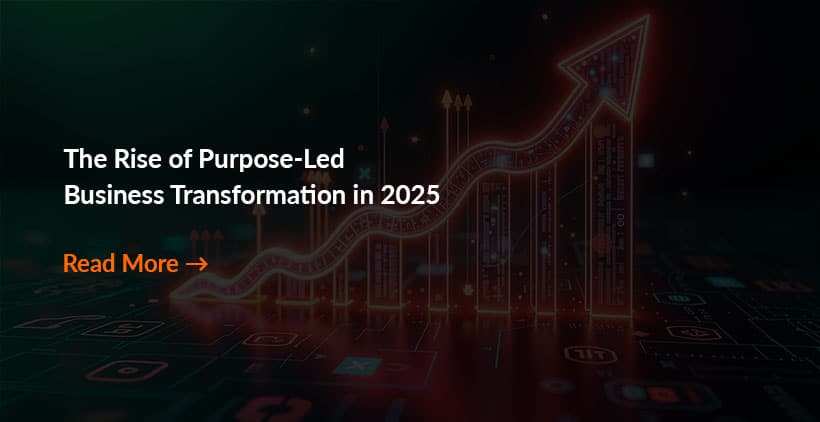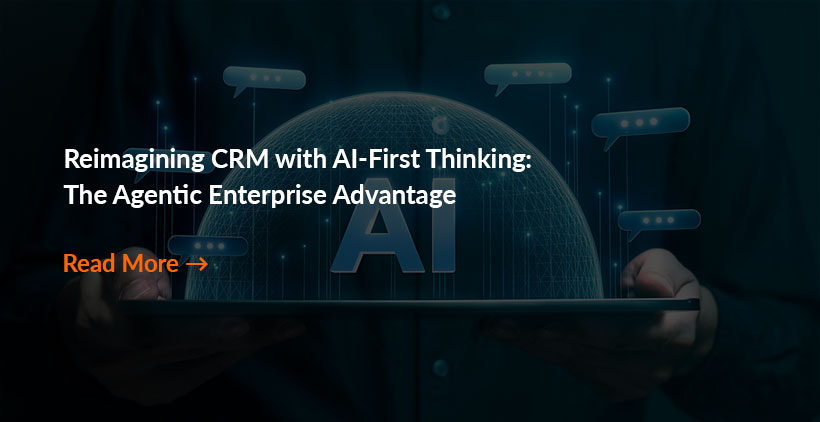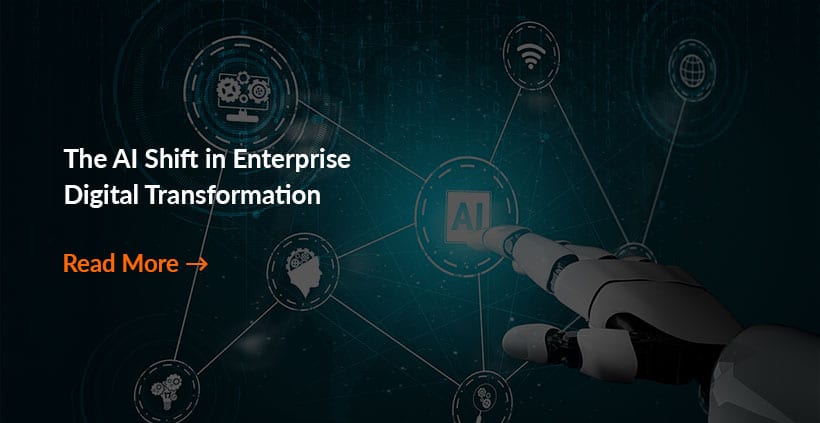
For decades, global business models have focused on maximizing revenue and profits with little or no thought on the implications of their operations on people and the planet. There is widespread awareness that the once-dominant shareholder-centric paradigm is obsolete, and organizations must adopt a holistic 360-degree approach to their work processes, considering people, planet, sustainability, and all stakeholders.
Profit does not motivate salaried employees who make an enterprise successful. And customers don’t like being seen just as sources of revenue. Every brand needs to define and activate its PURPOSE – why it exists beyond making money. That is the direction in which it has to maneuver its transformative efforts, too.
At CriticalRiver, we believe that purpose-led business transformation must turn vision into value. As a technology consultant serving various industries, we help our clients rethink their operating model to create positive outcomes for employees, customers, communities, and the environment. Here are six actionable best practices that we recommend to achieve cause-focused transformation:

Anchor Mission at the Core of Strategy
The mission isn’t a tagline—it’s the heartbeat of the business. Leaders of digital transformation today align their goals with social and environmental impact, integrating it into strategic planning. They deeply understand how every initiative, investment, and innovation will drive value beyond financial gain. For instance, Intrepid Travel states, “We’re here to create positive change through the joy of travel, ” focusing on responsible tourism by supporting local communities, promoting public transport, and arranging for stay-at locally-owned accommodations. The company has raised over A$12 million to help communities where it operates. When the mission is a compass, it leads to sharper decision-making, long-term brand equity, and meaningful connections with customers, employees, and partners.

Lead with Capabilities
Transformation leaders must identify the enterprise capabilities that will help them maximize value creation. Purposeful transformation requires emphasis on a few high-impact skills that set an organization apart. These might include data analytics, supply chain agility, ERP systems, CRM, integration abilities, or any differentiating factor that gives a competitive edge. By identifying and scaling its key strengths, a company can use them as levers to accelerate transformation and bring out the results that people and the planet need.

Implement Regenerative Business Models
Now is the time to move from a “reduce the damage” mindset to “do net good.” Organizations must invent ways to replenish finite resources and restore the ecosystems that support life, also known as regeneration. Regenerative business models create value, enriching human and natural systems. These involve circular economy principles, zero-waste design, and repairable or energy-efficient products. They also reimagine supply chains to ensure ethical sourcing and empower local communities. Within a workplace, they uphold values of stewardship, empathy, and systems thinking across teams. This cultural shift empowers innovation and resilience and drives deeper engagement toward transformation.

Empower Talent at Every Level
Sustainable transformation is not a C-suite exclusive act. While an experienced leader has a significant role in realizing the goals, it is also essential to cultivate a culture where all employees, irrespective of their designation, are encouraged to become change agents. Training programs, inclusive communication, and highlighting milestones achieved early ensure that vision reverberates throughout teams and roles. Agile teams can create a rapid cadence of productivity, delivery, and results. People who feel they are instrumental in achieving a target also bring energy, ingenuity, and accountability to the journey.

Hardwire Data-Driven Impact Measurement
To back their sustainability initiatives with concrete evidence, companies need rigorous metrics that continually monitor their environmental, social, and governance results. This may involve integrating AI, IoT, and ESG analytics to track everything from carbon footprints to community well-being. Toyota Kirloskar Motors uses AI and IoT sensors at its plants to study and optimize energy consumption in real time. According to its sustainability report for 2024, the company has reduced carbon dioxide usage by 447253 tons by utilizing 100% renewable energy, met 89.3% of water demand through rainwater, and recycled 96.4% of waste generated. The prowess to pivot responsively, course-correct transparently, and report realistically differentiates the leaders from the laggards.

Forge Collaborative Ecosystem
As industrial environments become more complex, purpose-led transformation needs more than individual ambition – it thrives on ecosystem collaboration. Regardless of its size and scale of operations, no company can work in isolation to address concerns like climate risk, ethical AI, or digital equity. Sustainable transformation accelerates when an organization works harmoniously with its partners, startups, governments, NGOs, and competitors. Tech leader Salesforce has teamed up with the World Economic Forum for 1t.org initiative to conserve, restore, and grow one trillion trees by 2030. Such alliances drive systematic change while maintaining data transparency, inclusive innovation, and impact at scale.
Maintaining the Transformation Rhythm
The momentum of transformation hinges on what comes next. It is a continuous circle of learning, innovating, and adapting. As data analytics and AI become the keys to business transformation, companies can align innovation with planetary limitations and social equity to future-proof their strategies. That would mean designing with intention, prioritizing low-carbon algorithms, green cloud infrastructure, ethical data use, and responsible AI governance. Players who keep pace with ambition and accountability will stay resilient through disruption and define the blueprint for a planet-positive economy.




